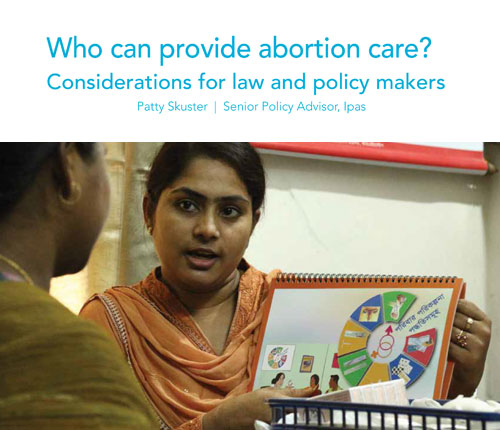
Resources
Languages:
Regions: Global
Countries: Global
Topics: Advocacy, Health-care providers, Laws & policies
We work with partners around the world to advance reproductive justice by expanding access to abortion and contraception.
The global movement for legal, accessible abortion is growing. Our staff and partners in countries as diverse as Bolivia, Malawi and India are working to ensure all people can access high-quality abortion care.
The global movement for legal, accessible abortion is growing. Our staff and partners in countries as diverse as Bolivia, Malawi and India are working to ensure all people can access high-quality abortion care.
AFRICA
Our materials are designed to help reproductive health advocates and professionals expand access to high-quality abortion care.

Languages:
Regions: Global
Countries: Global
Topics: Advocacy, Health-care providers, Laws & policies